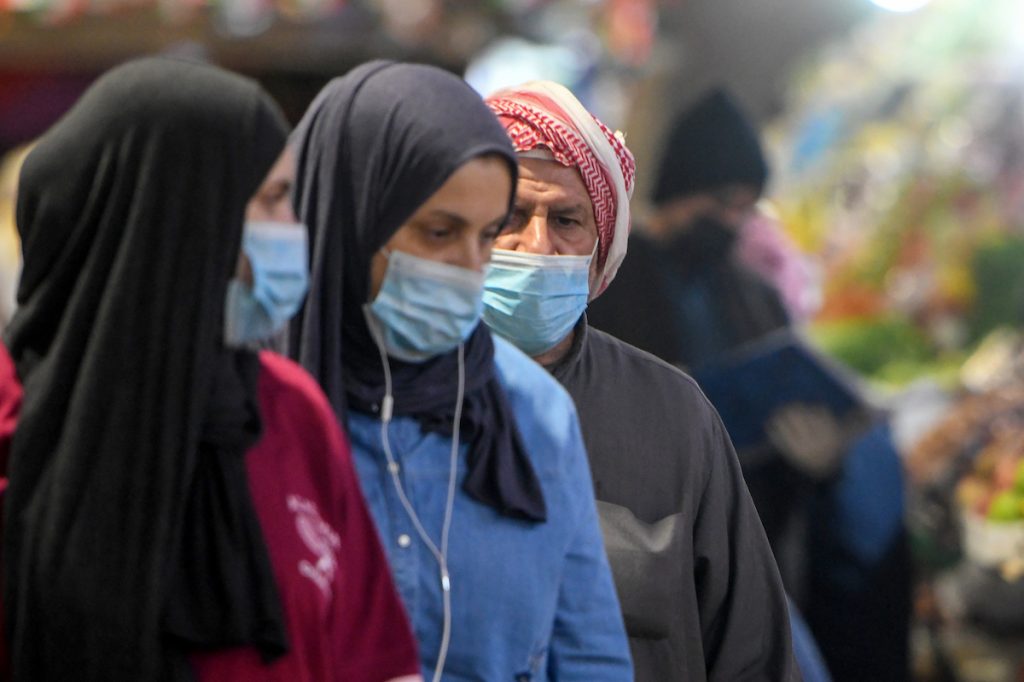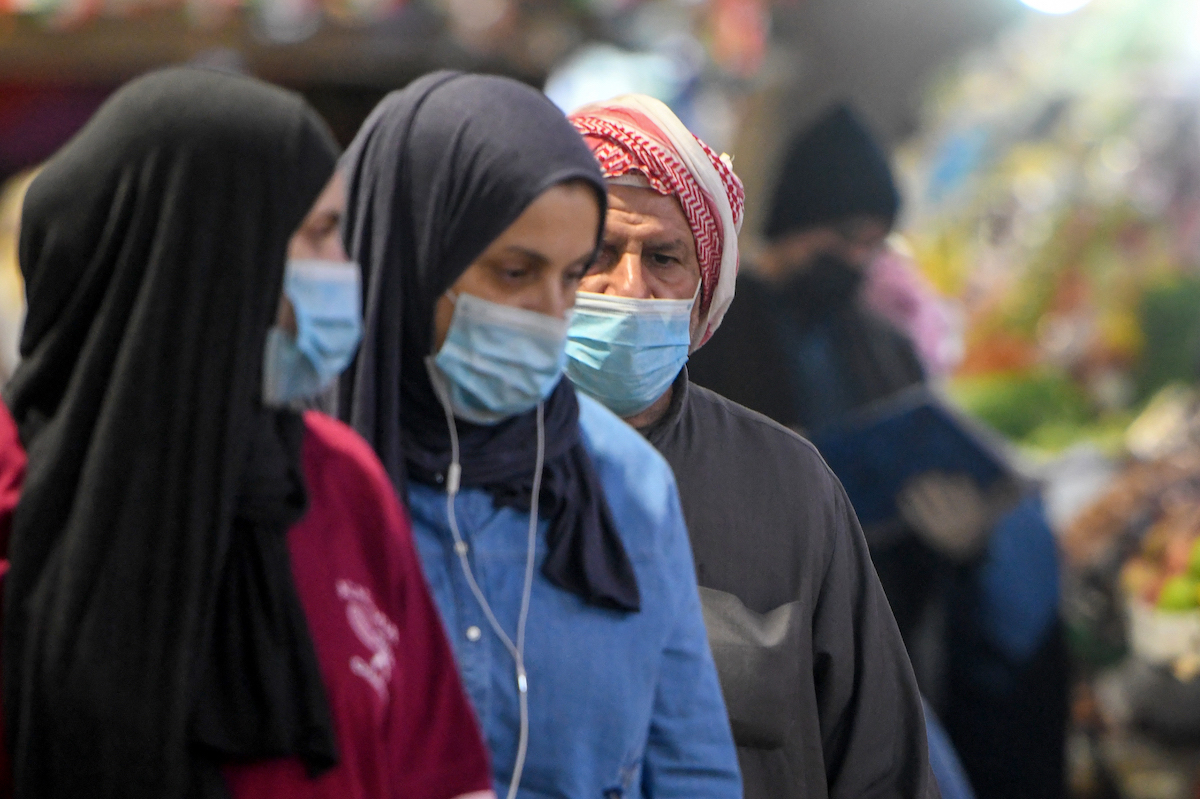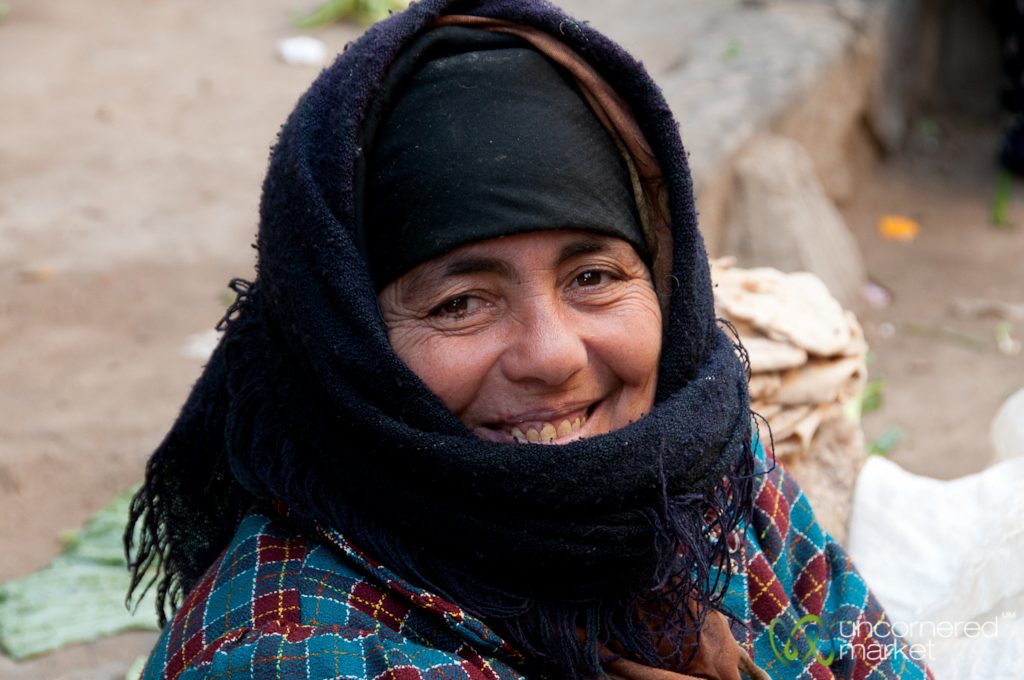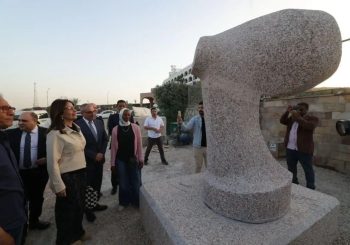Leading government and business figures from Arab countries, including Egypt, recently participated in the Palestinian-Jordanian Business Forum to discuss how the Middle East region can recover post COVID-19.
Egyptian Minister of International Cooperation Rania Al-Mashat was among those who participated in the Forum to discuss challenges that the region is currently facing due to the Coronavirus pandemic and suggested ways to help the Middle East recover.
In her speech, Al-Mashat said that the effects of the pandemic have pushed policymakers, civil society and citizens to search for innovative solutions, which led to the rapid implementation of structural reforms on digital transformation, increasing social safety nets, the formalization of the informal labor force and the women empowerment agenda.
Taking unemployment, inequality and poverty into consideration, Al-Mashat shed light on the fact that multilateralism would be the best choice to help the Middle East recover post COVID-19. She referred to the years 2020 and 2021 as “the years for multilateralism”.
Al-Mashat said that multilateralism is an opportunity for the region to unite and “create a historical new collaboration that would act as a model for other countries, and ensure that there is an exchange of knowledge, experiences and expertise to ensure that no one is left behind”.
The Ministry of International Cooperation has been keen on strengthening multilateral engagement, since the beginning of the pandemic, through the “Global Partnerships for Effective Development” to effectively deliver the UN Sustainable Development Goals and push for a human-centered economy.
According to United Nations, Global Partnership for Effective Development is “a multi-stakeholder platform to advance the effectiveness of development efforts by all actors, to deliver results that are long-lasting and contribute to the achievement of the Sustainable Development Goals (SDGs).”
On top of that, Al-Mashat referred to the principles of stakeholder engagement, which calls for public and private collaboration and for all stakeholders in society – leaders, civil society as well as the academic and scientific community to put the interests of the wider community, the environment and society first.
“It calls for four actions; accelerating inclusive economics and societies, shaping a new vision for economic integration through mutually supportive institutional mechanisms and regulatory environments, harnessing the Fourth Industrial Revolution to connect the region’s digital economies, and finally promoting environmental stewardship through supporting innovative green projects,” the statement read.
From his side, HRH Prince El Hassan of Jordan said that the pandemic exposed the current social and economic inequalities in the region. He added that the forum is calling for the launch of a platform for the post COVID-19 world in regards to innovation in science and technology.
Over 100 participants witnessed this virtual meeting, including leaders from the private sector as well as the academic community across the region.









Comments (0)